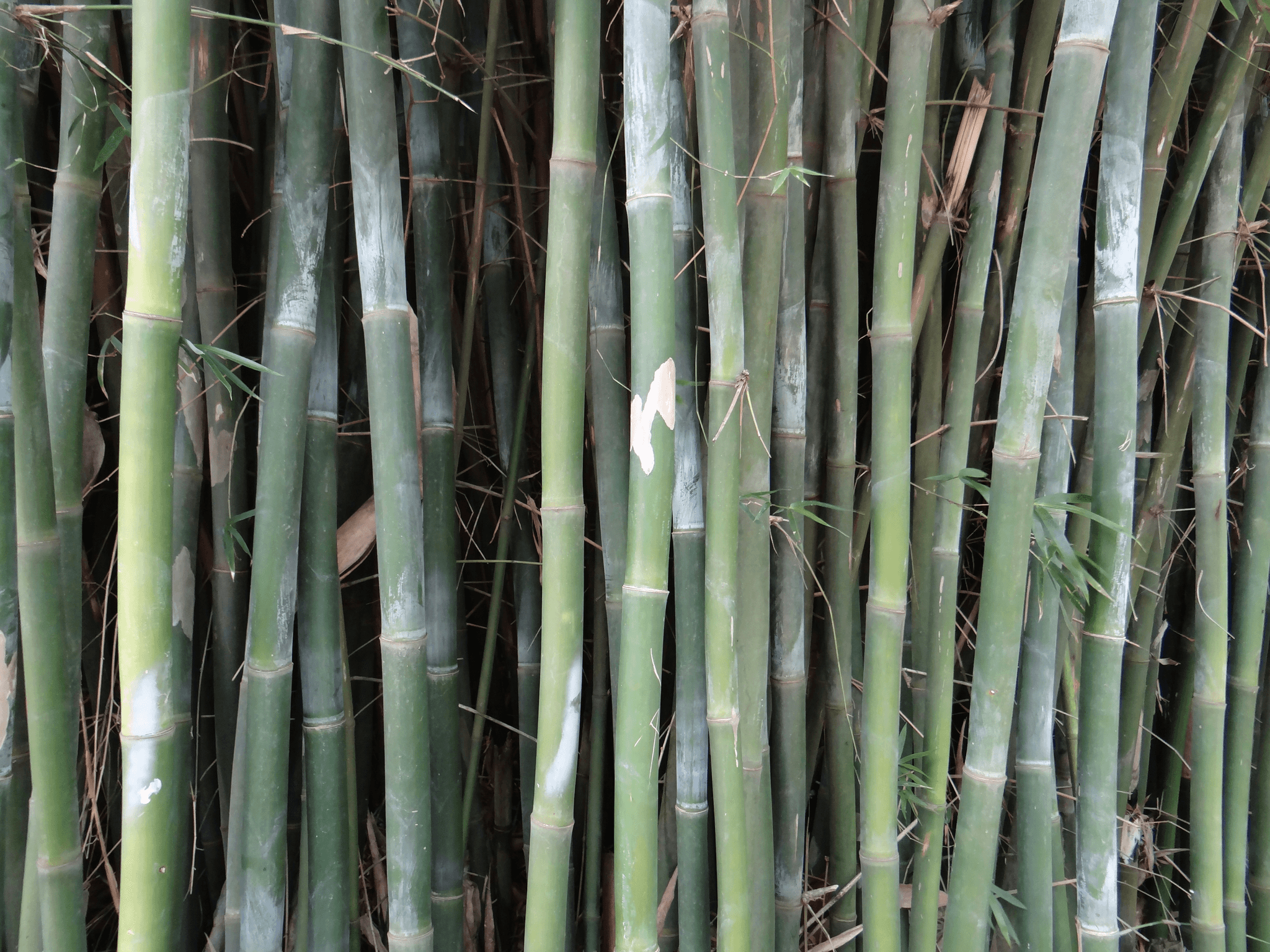Tackling Global Pollution: Bamboo as an Eco-Friendly Alternative in Food Packaging and Beyond
As white pollution increasingly threatens the global environment, the search for suitable plastic alternatives has become a pressing challenge. Bamboo, as a biodegradable material, stands out as an ideal green and sustainable solution due to its exceptional carbon sequestration ability and rapid growth rate.
Experts estimate that replacing 100 million tons of polyvinyl chloride (PVC) products with bamboo annually could reduce approximately 600 million tons of carbon dioxide emissions, a significant contribution to combating climate change.
China's Bamboo Resources: A Global Advantage
China is rich in bamboo resources, hosting 857 species of bamboo plants. By 2021, its bamboo forest area reached 7.56 million hectares. The bamboo processing industry has flourished, with over 10,000 bamboo processing companies operating in the country. The industry's output value grew from 82 billion yuan (approximately USD 12 billion) in 2010 to 415.3 billion yuan (approximately USD 61 billion) in 2024, achieving an impressive annual growth rate of over 30%.
In November 2022, the Chinese government, in collaboration with the International Bamboo and Rattan Organization, launched the “Replace Plastic with Bamboo” initiative. This natural-based solution to reduce plastic waste has drawn global attention, highlighting bamboo’s potential as a sustainable material for multiple applications, including food packaging.

Applications of Bamboo: From Daily Use to Industrial Production
Bamboo products are not just limited to consumer goods but have extended their reach into industrial fields as well.
Food Packaging
Companies like EFG BioPack Solutions, specializing in eco-friendly packaging, recognize bamboo as a sustainable material for disposable food containers. Bamboo's biodegradability and durability make it a superior choice for replacing conventional plastic food packaging.
Construction and Industry
Bamboo Flooring: In a manufacturing facility in Jiangxi, raw bamboo undergoes more than 20 processes to be transformed into smooth, durable reconstituted bamboo flooring. Unlike wood-plastic flooring, which deteriorates within five years, reconstituted bamboo flooring has a lifespan of up to 25 years and is fully biodegradable.
Cooling Tower Fillers: In Jiangsu, bamboo grid fillers are used in nearly 1,000 thermal power plant cooling towers, enhancing durability and reducing plastic reliance.
Piping Systems: A company in Zhejiang has developed bamboo-wrapped composite pipes that have been successfully industrialized in water supply and drainage projects.
The Growing Impact of Bamboo Solutions
From everyday items to industrial applications, bamboo’s versatility demonstrates its potential to revolutionize sectors reliant on plastic. As a packaging company, EFG BioPack Solutions has taken significant steps to integrate bamboo-based products into its portfolio, particularly in the realm of food packaging, where eco-friendly solutions are most urgent.
By leveraging bamboo’s natural advantages, such as rapid growth, biodegradability, and carbon sequestration, industries worldwide can embrace a greener future. The “Replace Plastic with Bamboo” initiative serves as a beacon for sustainable development, transforming this natural resource into a powerful tool for reducing plastic pollution and mitigating climate change.
A Call to Action
As the global demand for sustainable alternatives grows, the adoption of bamboo products by businesses like EFG BioPack Solutions paves the way for a cleaner, greener future. With continued innovation and support, bamboo has the potential to become a cornerstone of the global fight against white pollution.
Together, let’s make bamboo the new standard for sustainability.
